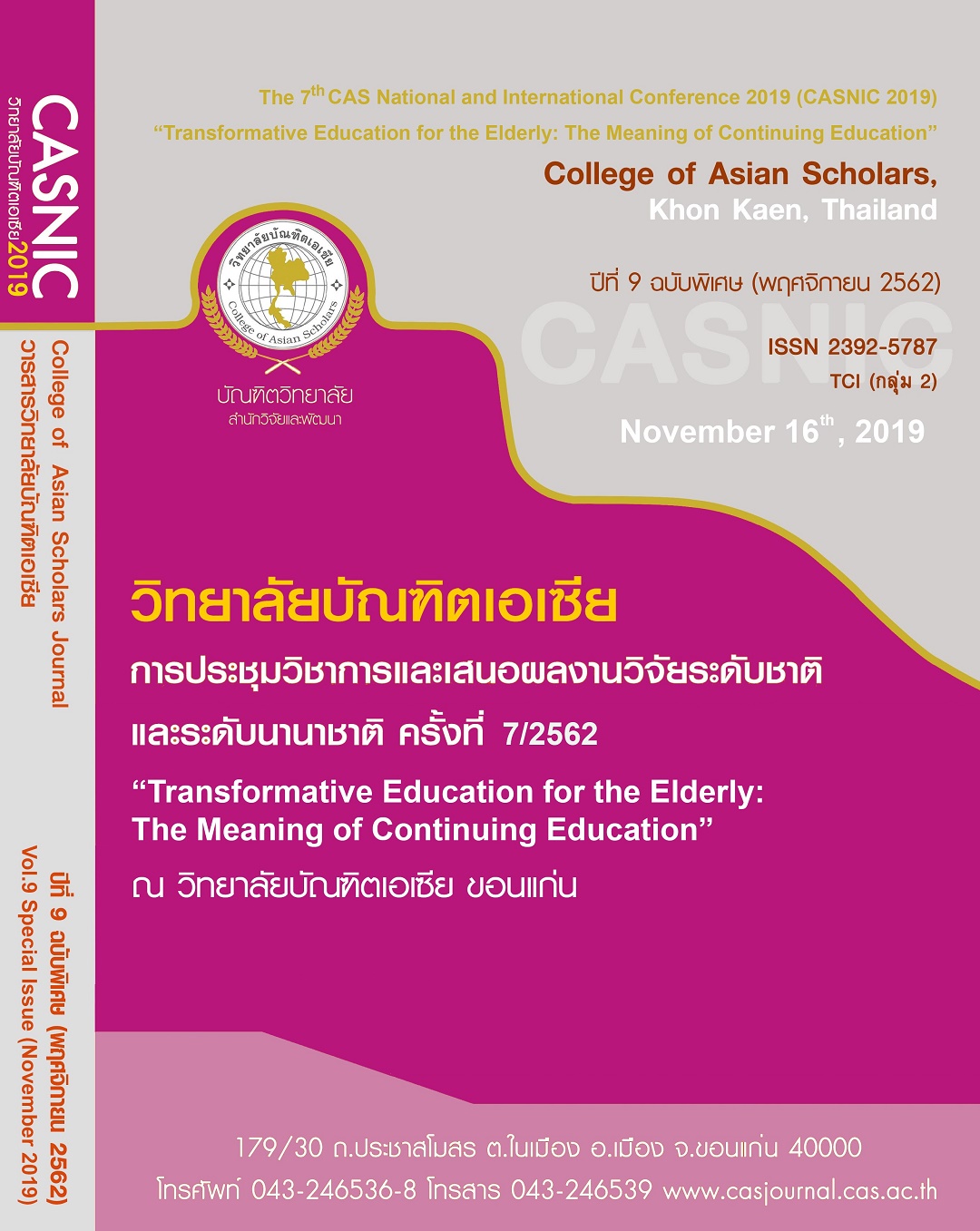ไฟล์ ดาวน์โหลด |
1578284955-34.ED030(268-275).pdf |
|||||||||
|
ชื่อผู้วิจัย Chitapong Wechtaisong
|
|||||||||
| บทคัดย่อ ภาษาไทย | - | |||||||||
| คำสำคัญ | ||||||||||
| บทคัดย่อ ภาษาอังกฤษ | The traditional lecture-based classroom which is passive direction without any interaction between learners and learners or between learners and instructor. From this problem, blended learning is adopted widely in educational settings. The blended courses have increased in higher education (HE) over the past decade. This practical action research aims to implementation of blend learning to engineering classroom to gain both learning efficient and positive classroom atmosphere. The population was bachelor students at the school of Telecommunication Engineering, Suranaree University of Technology (SUT). The main classroom activities are the integration of a face-to-face lecture, simulated laboratory and self-studying via computer and electronic mediated. To evaluate the effectiveness of blended learning, we consider statistical analyzation of assessment. Furthermore, students’ satisfaction was evaluated for improvement of the next class. The research found that pretest and posttest assessment results of the blend learning classroom are significantly developed. The statistical relation indicated the high opportunities for students to get pass level of the course. Furthermore, the students’ satisfaction was significantly higher than the much level. The traditional lecture-based classroom which is passive direction without any interaction between learners and learners or between learners and instructor. From this problem, blended learning is adopted widely in educational settings. The blended courses have increased in higher education (HE) over the past decade. This practical action research aims to implementation of blend learning to engineering classroom to gain both learning efficient and positive classroom atmosphere. The population was bachelor students at the school of Telecommunication Engineering, Suranaree University of Technology (SUT). The main classroom activities are the integration of a face-to-face lecture, simulated laboratory and self-studying via computer and electronic mediated. To evaluate the effectiveness of blended learning, we consider statistical analyzation of assessment. Furthermore, students’ satisfaction was evaluated for improvement of the next class. The research found that pretest and posttest assessment results of the blend learning classroom are significantly developed. The statistical relation indicated the high opportunities for students to get pass level of the course. Furthermore, the students’ satisfaction was significantly higher than the much level.
|
|||||||||
| Keyword | Teaching and Instruction, Blended Learning, Engineering Classroom | |||||||||
Chitapong Wechtaisong
1 บทความ| ชื่อ - สกุล | วารสาร | ไฟล์ |
หน้า |
|
|---|---|---|---|---|

|
Chitapong Wechtaisong CAS874 |
The Study of Teaching and Learning Process by Using Blended Learning Method in Engineering Classroom |

1.jpg)
1.jpg)
1.jpg)
.1.jpg)